15.04.2023
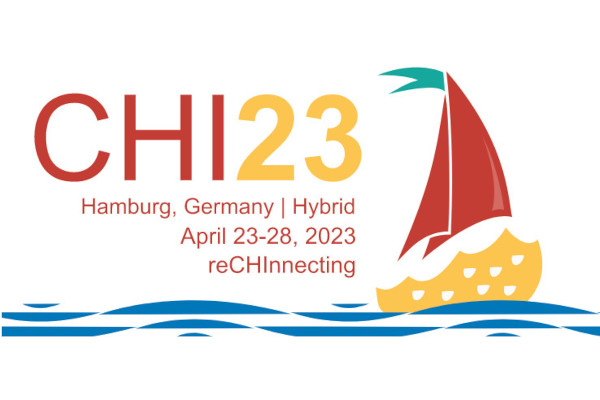
MCML Researchers With Four Papers at CHI 2023
Conference on Human Factors in Computing Systems (CHI 2023). Hamburg, Germany, 23.04.2023–28.04.2023
We are happy to announce that MCML researchers are represented with four papers at CHI 2023. Congrats to our researchers!
Main Track (4 papers)
Mechanisms of True and False Rumor Sharing in Social Media: Collective Intelligence or Herd Behavior?
CHI 2023 - Conference on Human Factors in Computing Systems. Hamburg, Germany, Apr 23-28, 2023. DOI
Abstract
Social media platforms disseminate extensive volumes of online content, including true and, in particular, false rumors. Previous literature has studied the diffusion of offline rumors, yet more research is needed to understand the diffusion of online rumors. In this paper, we examine the role of lifetime and crowd effects in social media sharing behavior for true vs. false rumors. Based on 126,301 Twitter cascades, we find that the sharing behavior is characterized by lifetime and crowd effects that explain differences in the spread of true as opposed to false rumors. All else equal, we find that a longer lifetime is associated with less sharing activities, yet the reduction in sharing is larger for false than for true rumors. Hence, lifetime is an important determinant explaining why false rumors die out. Furthermore, we find that the spread of false rumors is characterized by herding tendencies (rather than collective intelligence), whereby the spread of false rumors becomes proliferated at a larger cascade depth. These findings explain differences in the diffusion dynamics of true and false rumors and further offer practical implications for social media platforms.
MCML Authors
Deep Learning Super-Resolution Network Facilitating Fiducial Tangibles on Capacitive Touchscreens.
CHI 2023 - Conference on Human Factors in Computing Systems. Hamburg, Germany, Apr 23-28, 2023. DOI
Abstract
Over the last few years, we have seen many approaches using tangibles to address the limited expressiveness of touchscreens. Mainstream tangible detection uses fiducial markers embedded in the tangibles. However, the coarse sensor size of capacitive touchscreens makes tangibles bulky, limiting their usefulness. We propose a novel deep-learning super-resolution network to facilitate fiducial tangibles on capacitive touchscreens better. In detail, our network super-resolves the markers enabling off-the-shelf detection algorithms to track tangibles reliably. Our network generalizes to unseen marker sets, such as AprilTag, ArUco, and ARToolKit. Therefore, we are not limited to a fixed number of distinguishable objects and do not require data collection and network training for new fiducial markers. With extensive evaluation, including real-world users and five showcases, we demonstrate the applicability of our open-source approach on commodity mobile devices and further highlight the potential of tangibles on capacitive touchscreens.
MCML Authors

Sven Mayer
Prof. Dr.
Associate
* Former Associate
Investigating Tangible Privacy-Preserving Mechanisms for Future Smart Homes.
CHI 2023 - Conference on Human Factors in Computing Systems. Hamburg, Germany, Apr 23-28, 2023. DOI
Abstract
Most smart home devices have multiple sensors, such as cameras and microphones; however, most cannot be controlled individually. Tangible privacy mechanisms provide control over individual sensors and instill high certainty of privacy. Yet, it remains unclear how they can be used in future smart homes. We conducted three studies to understand how tangible privacy mechanisms scale across multiple devices and respond to user needs. First, we conducted a focus group (N=8) on speculative tangible control artifacts to understand the user perspective. Second, we ran a workshop at a human-computer interaction conference (N=8) on tangible privacy. Third, we conducted a six-week in-the-wild study with a tangible, static privacy dashboard across six households. Our findings help to contrast the need for tangible privacy mechanisms on the sensor level with user needs on a smart home level. Finally, we discuss our design implications for future smart homes through the lens of inclusive privacy.
MCML Authors
Understanding and Mitigating Technology-Facilitated Privacy Violations in the Physical World.
CHI 2023 - Conference on Human Factors in Computing Systems. Hamburg, Germany, Apr 23-28, 2023. DOI
Abstract
We are constantly surrounded by technology that collects and processes sensitive data, paving the way for privacy violations. Yet, current research investigating technology-facilitated privacy violations in the physical world is scattered and focused on specific scenarios or investigates such violations purely from an expert’s perspective. Informed through a large-scale online survey, we first construct a scenario taxonomy based on user-experienced privacy violations in the physical world through technology. We then validate our taxonomy and establish mitigation strategies using interviews and co-design sessions with privacy and security experts. In summary, this work contributes (1) a refined scenario taxonomy for technology-facilitated privacy violations in the physical world, (2) an understanding of how privacy violations manifest in the physical world, (3) a decision tree on how to inform users, and (4) a design space to create notices whenever adequate. With this, we contribute a conceptual framework to enable a privacy-preserving technology-connected world.
MCML Authors
15.04.2023
Related
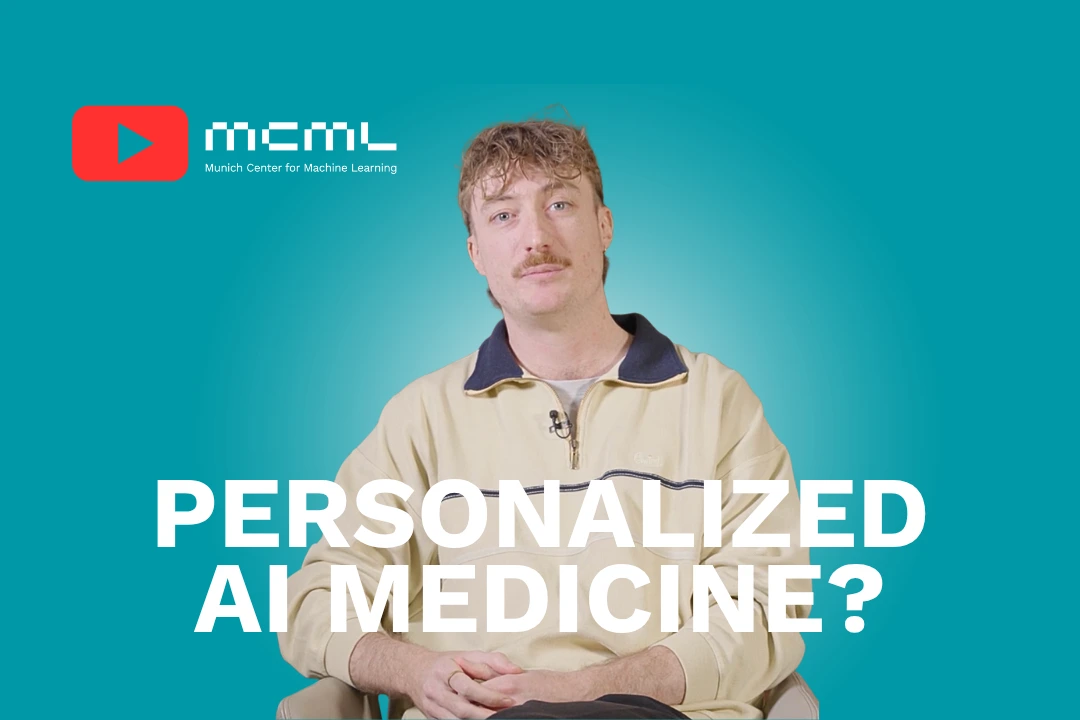
22.09.2025
Predicting Health With AI - With Researcher Simon Schallmoser
Simon Schallmoser uses AI to predict health risks, detect low blood sugar in drivers, and advance personalized, safer healthcare.
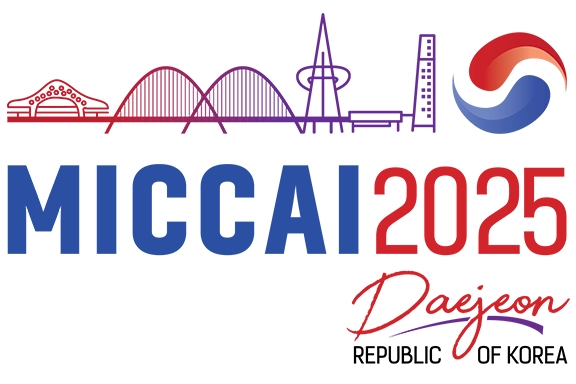
19.09.2025
MCML Researchers With 24 Papers at MICCAI 2025
28th International Conference on Medical Image Computing and Computer Assisted Intervention (MICCAI 2025). Daejeon, Republic of Korea, 23.09.2025 - 27.09.2025
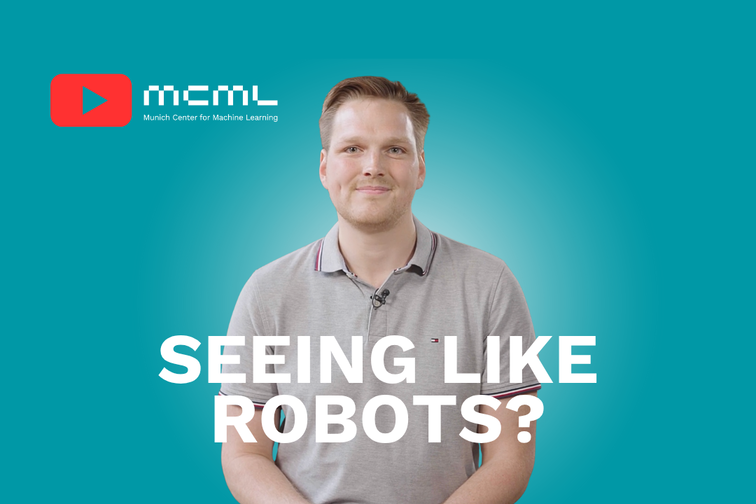
15.09.2025
Robots Seeing in the Dark - With Researcher Yannick Burkhardt
Yannick Burkhardt erforscht Event-Kameras, die Robotern ermöglichen, blitzschnell zu reagieren und auch im Dunkeln zu sehen.
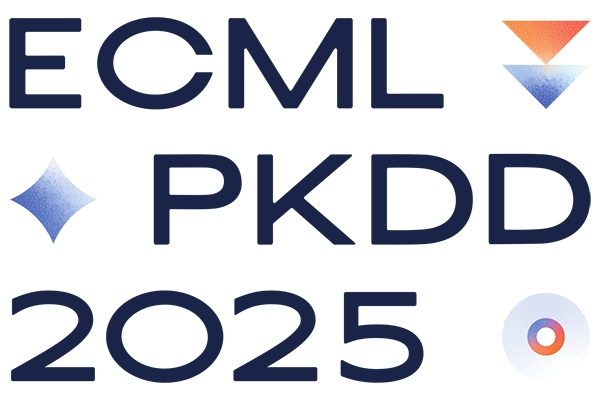
12.09.2025
MCML Researchers With Eight Papers at ECML-PKDD 2025
European Conference on Machine Learning and Principles and Practice of Knowledge Discovery in Database (ECML-PKDD 2025). Porto, Portugal, 15.09.2025 - 19.09.2025



